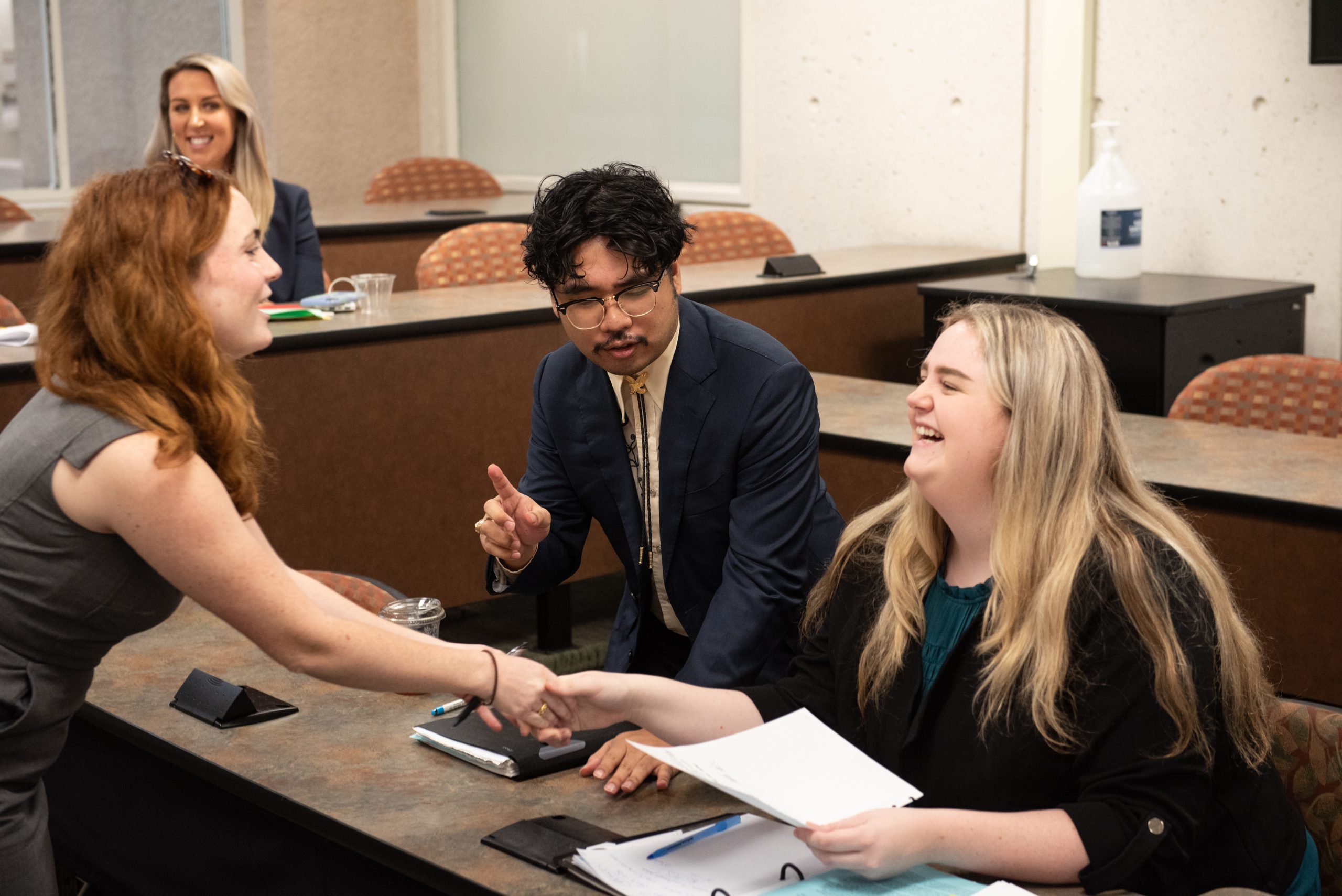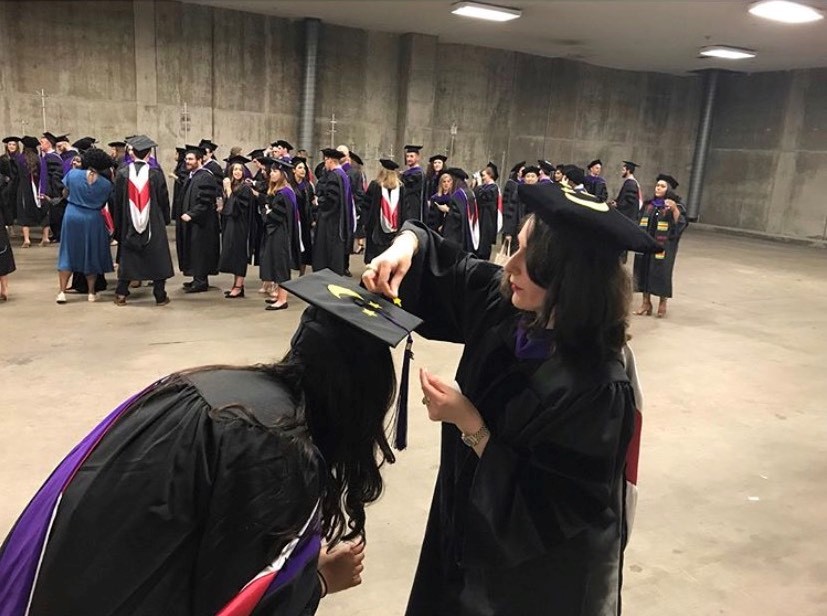Are Juries Worth the Effort? A View from the International Bench
At this year’s Edward Ross Lecture in Litigation, the Honorable Rebecca Pallmeyer, Chief Judge of the United States District Court for the Northern District of Illinois, addressed the important and controversial topic: are jury trials worth the effort? Judge Pallmeyer’s answer was an unequivocal “yes.” She argued that juries are not merely useful tools for adjudicating cases, they are integral to the legitimacy of the American legal system. According to the Chief Judge, jury trials are one of the reasons that Americans respect the law. In her view, juries are often perceived as more impartial than judges, bringing diversity of experiences and perspectives to the resolution of cases. She emphasized that participation in the jury system promotes confidence in the system’s fairness. Judge Pallmeyer’s views comport with conventional wisdom about the importance of juries. As every American knows, jury service is an essential duty of citizenship. According to a Pew Research Center Survey, two-thirds of U.S. adults consider jury service integral to good citizenship. District Court Judge Zach Zouhary begins trials by telling jurors that …











